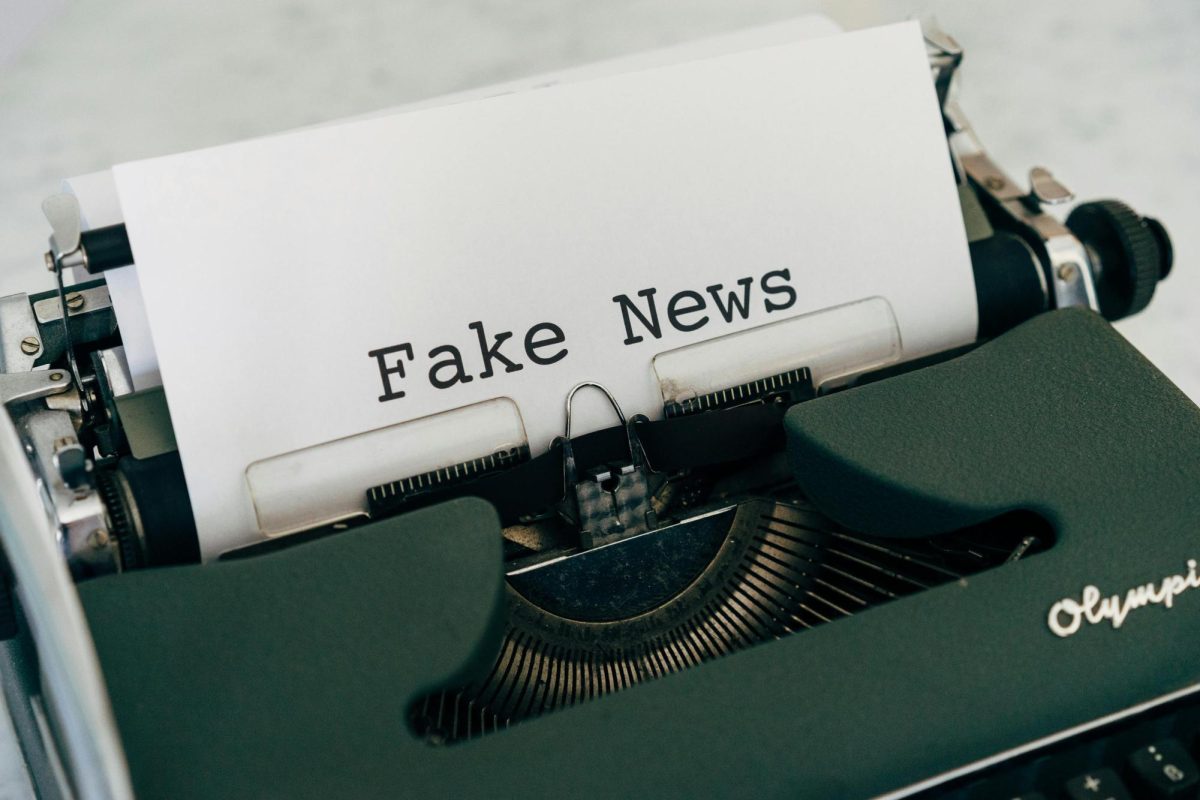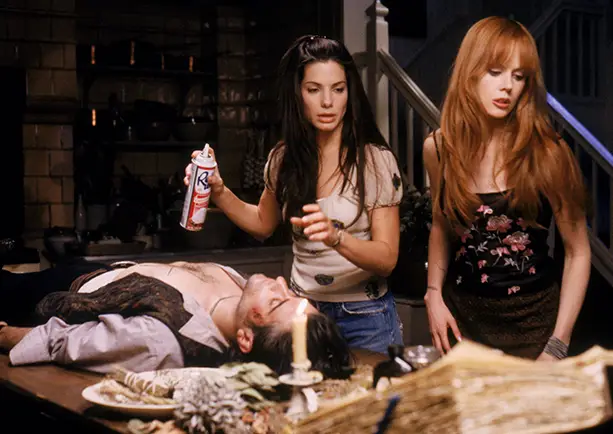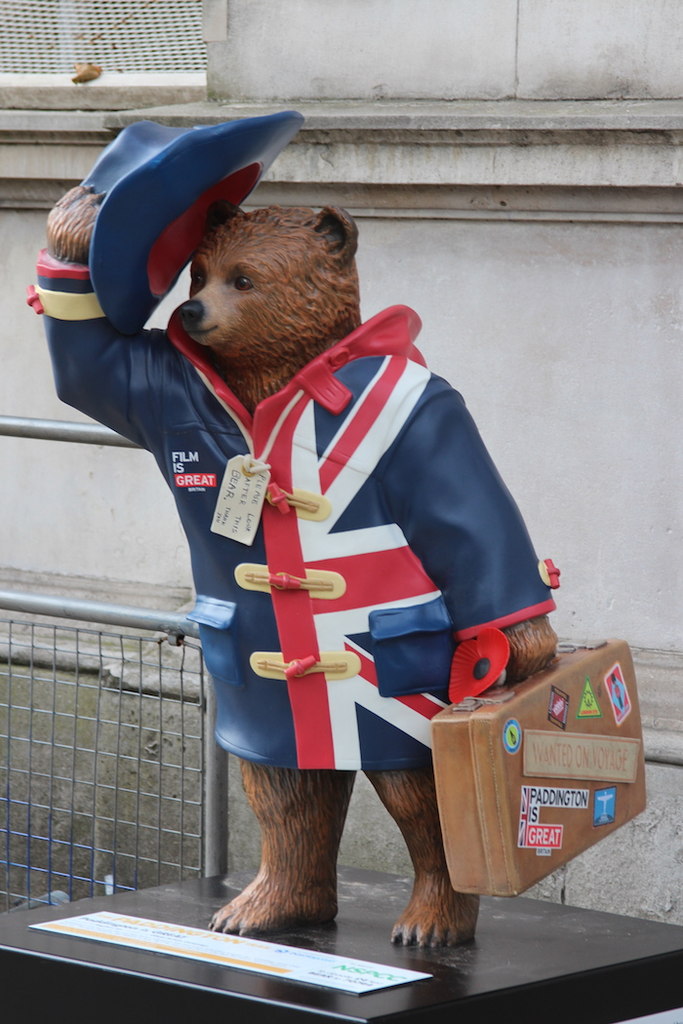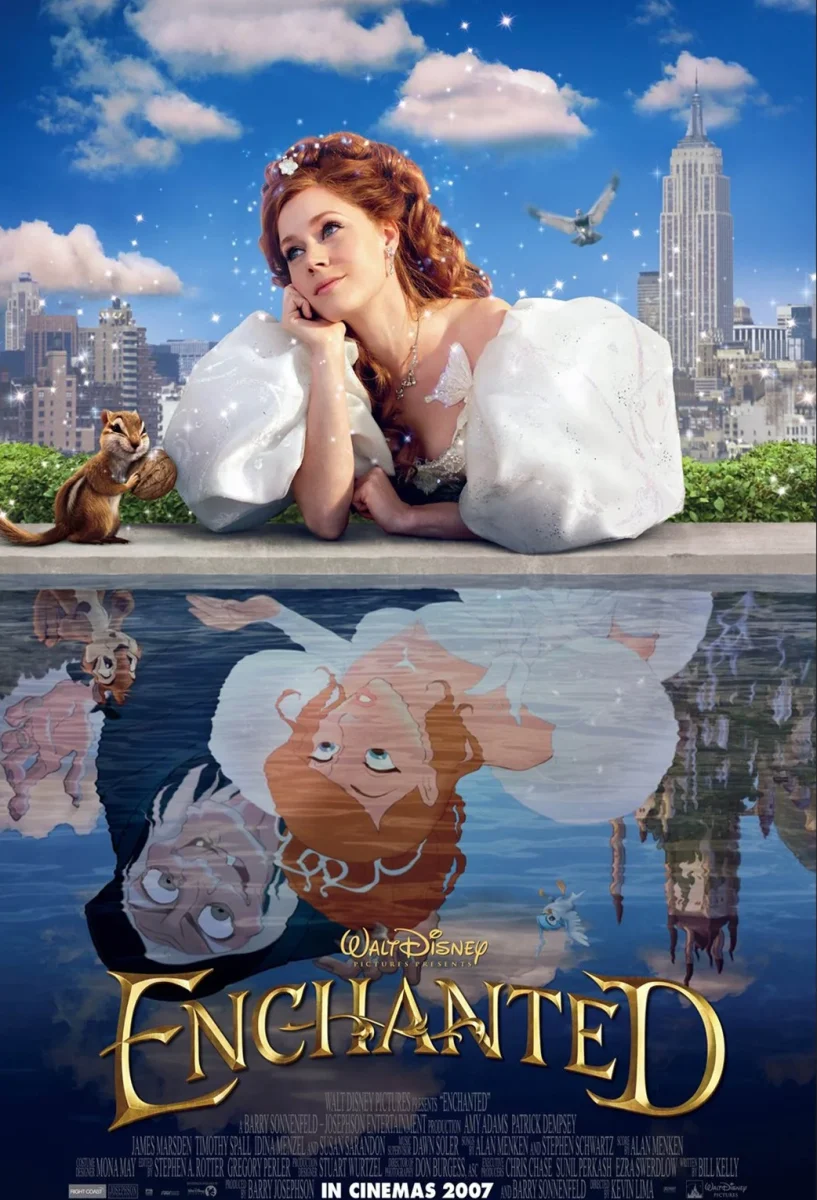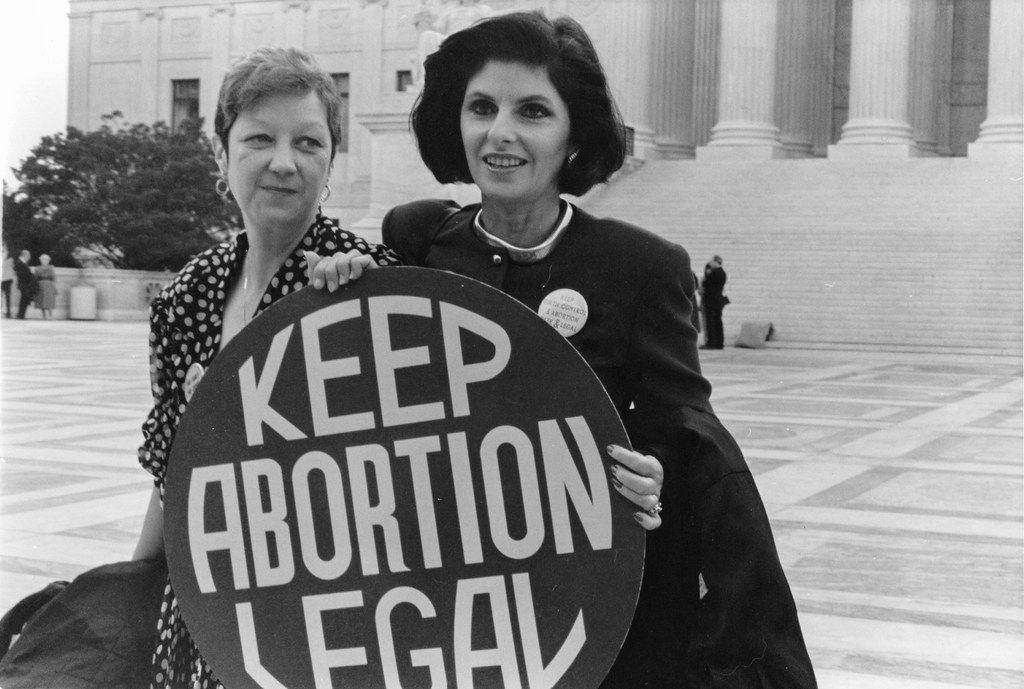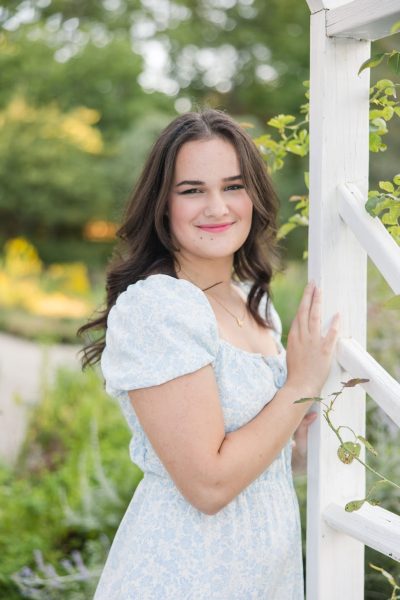I am very proud to have attended multiple programs dedicated to journalism, specifically targeted at teaching young journalists. Throughout all of these experiences, many new things were discussed, but the harm of misinformation and how to know what is real or fake remained consistent.
I am lucky to have attended the Washington Journalism and Media Conference at George Mason University in 2023, which was six days of my life I will never forget. Later that summer, I attended The School of The New York Times, where my partner and I interviewed people on the street and gained critical reporting skills. Then, in June, I went to the University of Missouri for their week-long program for Investigative Journalism. These three programs were vastly different in their schedules and purposes, yet they all taught me valuable skills in reporting and writing. More importantly, they shed light on the importance of all kinds of media–not just news or television. Understanding media today is difficult and often confusing, which is why media literacy is imperative to every person interacting with media. Yet, it is frequently overlooked.
Media literacy is understanding, deciphering and analyzing media, whether it’s a post on Instagram, a segment on CBS Sunday Morning, a documentary or a newspaper article. The next step is being able to tell what is accurate or misleading–I believe this to be the most challenging part. In today’s world, where everyone can be a source and put out information, it is crucial to question what everyone says, even big media outlets. Inherent in good reporting is objectivity, so reporters don’t let their personal bias interfere with what is being covered. However, this is more difficult than you would think, as companies have their own bias as to what they cover, what words they use, how often they cover things, etc. Being aware of this is paramount.
Another issue with media consumption today is the lack of extended reading and truth-seeking. Too many people read only the headline of an article and assume that it is true or all that there is to know about that topic. To fully understand what is happening in the world, you have to read more than just the headline or the first paragraph. You have to read multiple articles by different writers and from various sources. Perspective is so important as to how someone will word something or even what they will include. Furthermore, seek out their sources. Who did they interview, and what were their biases?
It may feel daunting to always have to question what you see or read and then investigate it yourself, but knowing how to do this is crucial. Not enough people are taught about the importance of media literacy or how to do it. There is so much more than what I have said, but I am starting to learn that nothing is what it seems, and taking everything with a grain of salt is only the first step.

